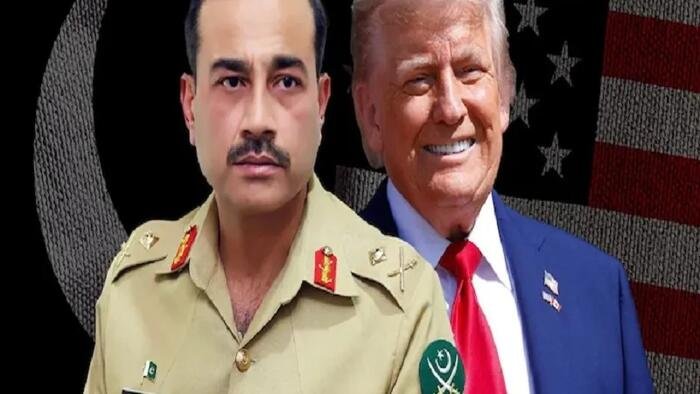Authored by Andrew Korybko via Substack,
Pakistan has been shifting towards the West since the ousting of former Prime Minister Imran Khan in a post-modern coup in April 2022, with this movement gaining momentum following Trump’s return to power and his focus on penalizing India for not complying as the US’ largest vassal state.
Their rapid reconciliation aims to geostrategically reshape South Asia by reviving their Cold War-era partnership, which would serve US interests by slowing down regional multipolar developments.
There are suspicions that Pakistan is enabling the movement of foreign terrorists into Afghanistan as anti-Taliban proxies, as hinted by Secretary of the Russian Security Council Sergey Shoigu in a recent article. Trump’s renewed goal of reestablishing US troops at Afghanistan’s Bagram Airbase would require Pakistan’s assistance. Additionally, Pakistan is reportedly offering the US a commercial port, with Pasni being considered as a potential location.
The project’s proposal plays on US concerns about China, Iran, and Russia to make Pasni more attractive to the US. It suggests that Pasni’s proximity to Iran and Central Asia would enhance US trade and security options, counterbalance Gwadar, and expand US influence in the region.
The potential US presence in Pasni could facilitate the export of minerals from Balochistan province and potentially lead to military involvement. There is an interest in assisting Pakistan in combatting the Balochistan Liberation Army and addressing security threats in the region.
By establishing a presence in Pasni, the US could further solidify its partnership with Pakistan and challenge regional multipolar initiatives supported by Russia, India, Iran, and China. This could also lead to increased cooperation among these countries, putting pressure on Pakistan.
Loading recommendations…

